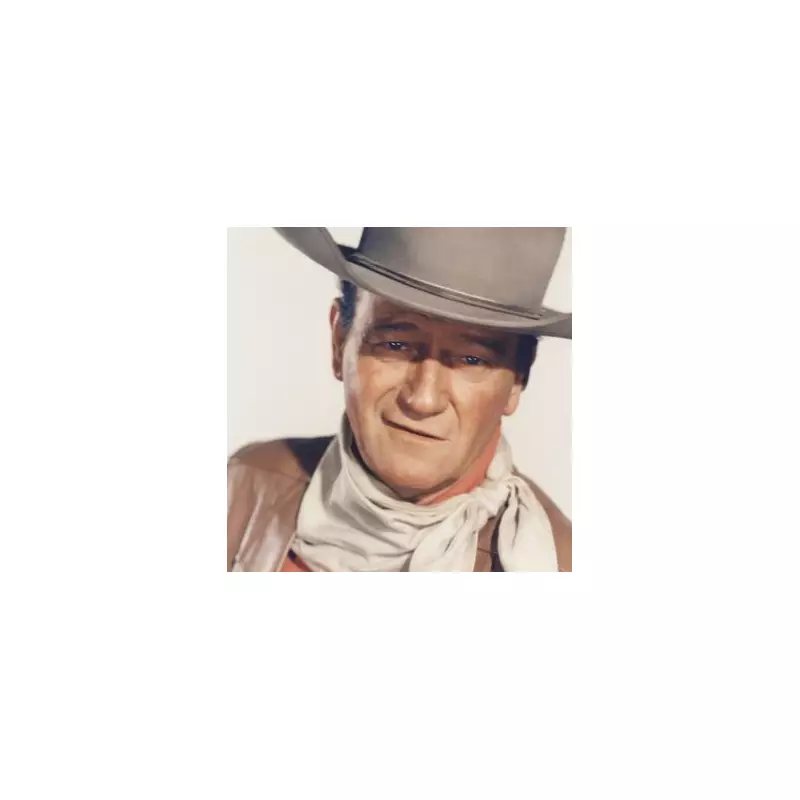
The BBC has made the decisive move to pull John Wayne's controversial 1968 war film The Green Berets from its programming schedule after an editorial review deemed its content unsuitable for contemporary audiences.
A Film Out of Time
Starring and directed by Hollywood legend John Wayne, who also co-directed with Ray Kellogg, The Green Berets stands as a staunchly pro-military portrayal of the Vietnam War. The film presents American soldiers as unambiguous heroes fighting communist forces, a perspective that has drawn significant criticism over the decades for its oversimplification of one of history's most complex conflicts.
Why The Ban Now?
According to BBC statements, the decision emerged from routine editorial reviews that assess whether scheduled content aligns with modern standards and sensitivities. A corporation spokesperson confirmed: "The film features outdated attitudes, language and cultural depictions which the BBC has decided are unsuitable for broadcast today."
Historical Context and Criticism
Released during the height of the Vietnam War in 1968, The Green Berets was controversial from its premiere. Many contemporary critics slammed the film as blatant propaganda that ignored the war's complexities and the growing anti-war movement. The movie's simplistic "good versus evil" narrative and its enthusiastic endorsement of American military intervention have aged particularly poorly in light of subsequent historical analysis.
John Wayne's Passion Project
The film represented a personal mission for Wayne, who was a staunch conservative and vocal supporter of American involvement in Vietnam. He invested significant effort into getting the project made, even securing Pentagon support and access to military equipment. Wayne saw the film as both entertainment and a political statement supporting American troops.
Broader Cultural Reassessment
The BBC's decision reflects a wider cultural shift in how media organisations handle historical content containing problematic elements. Many broadcasters now employ more rigorous review processes to evaluate whether older films and television programmes meet contemporary standards regarding representation, language and political messaging.
What This Means for Classic Cinema
This removal raises important questions about how society should handle culturally significant but problematic artworks. While some argue that such films should be preserved as historical artifacts with appropriate context, others maintain that broadcasting them without significant disclaimers or critical commentary risks perpetuating harmful stereotypes and outdated political narratives.
The BBC's action demonstrates that even films featuring Hollywood icons like John Wayne are subject to reassessment as cultural standards evolve and our understanding of historical events becomes more nuanced.





